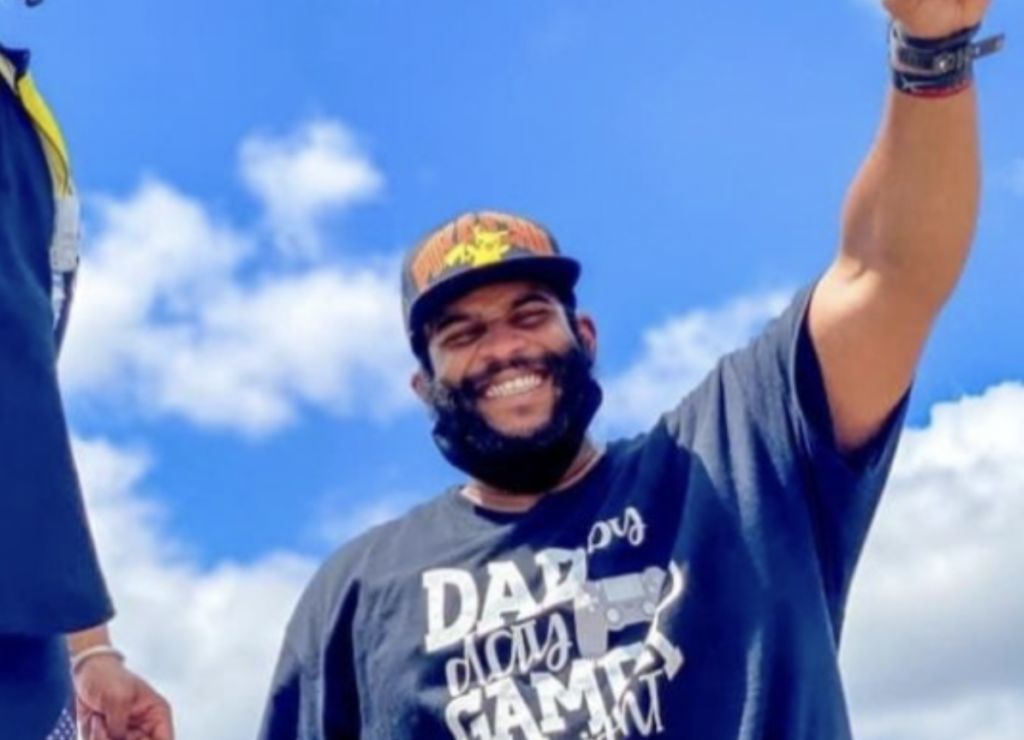Photo: Dean Kapsalis being sentenced in Middlesex Superior Court in Woburn (Credit: Pool photo by David L. Ryan/The Boston Globe via AP)
Nearly three years after running down and killing Henry Tapia on Upland Street, the convicted assailant was sentenced to life in prison for what prosecutors described as “a hate crime.”
On Wednesday, Jan. 17 in Middlesex Superior Court in Woburn, Hudson resident Dean Kapsalis, 58, was sentenced by Judge David Deakin to a life sentence after being found guilty in May 2023 of second-degree murder of Henry Tapia, 34, of Boston.

Speaking from the bench, Deakin said the sentence was “proportional to the crime,” adding that Kapsalis’ “record reflects essentially a lifelong tendency toward violence.”
The incident took place on Jan. 22, 2021 after both men exited their vehicles during what police and prosecutors described as a “road rage” incident. After a brief verbal altercation and as each returned to their vehicles, Kapsalis called Tapia a racial slur before entering his pickup and then struck and ran over Tapia, who was visiting his fiancee and child.
Belmont Police responded to a 911 call reporting that a man had been struck by a car in the area of 39-45 Upland Rd. Police located Tapia conscious but suffering from life-threatening injuries. Tapia was transported to Massachusetts General Hospital, where he died from his injuries.
Having served three years in Middlesex County jail since his arrest, Kapsalis will be eligible to petition the state parole board in 2036 when he turns 70.